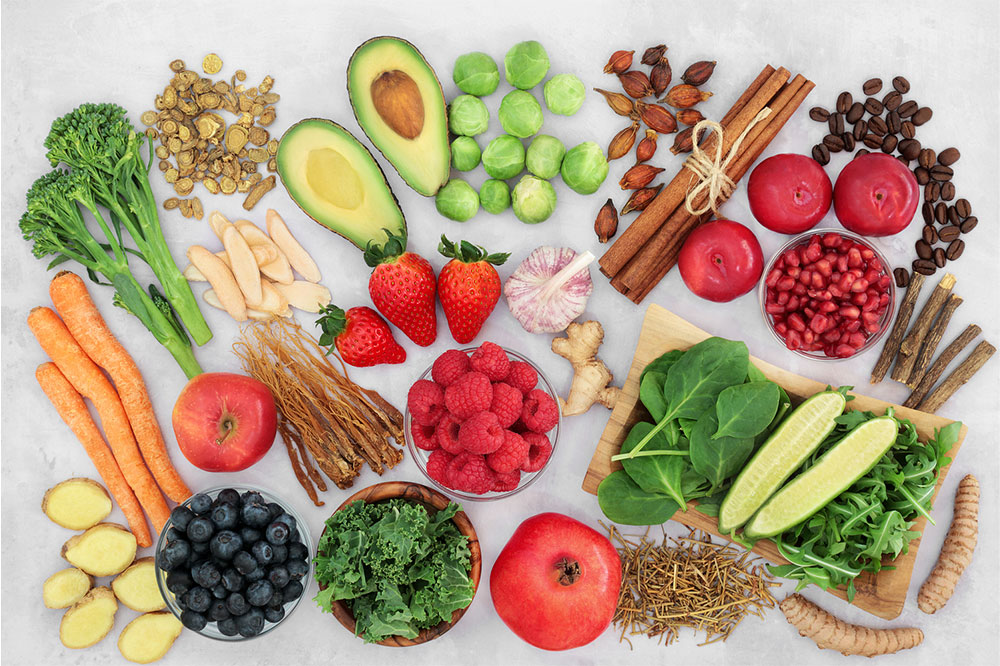Managing Asthma Naturally: Top Superfoods to Ease Symptoms
Explore natural ways to manage asthma through superfoods like honey, avocado, kale, spinach, garlic, and ginger. This guide highlights dietary tips to reduce symptoms, prevent attacks, and improve lung health. Incorporating these foods can support respiratory wellness while emphasizing the importance of hydration and a balanced diet for asthma sufferers.
Managing Asthma Naturally: Top Superfoods to Ease Symptoms
Asthma occurs when the airways become inflamed and constricted, leading to breathing difficulties. It is a prevalent chronic respiratory condition affecting both children and adults. While causes are multifaceted—ranging from environmental to genetic factors—controlling symptoms can be challenging due to unpredictable flare-ups. Common signs include excess mucus production, wheezing, chest tightness, and shortness of breath. While there’s no cure, certain dietary choices and superfoods can help alleviate symptoms and reduce the frequency of attacks.

Incorporating these superfoods into your diet may provide relief from asthma symptoms:
Honey
Honey helps clear mucus from the throat, promoting easier breathing. Mix a teaspoon in warm water and sip three times daily. It also supports oral health by reducing gingivitis and lowering cholesterol by digesting fats.
For an energizing boost, combine three tablespoons of honey, half a teaspoon of cinnamon, and a tablespoon of lemon juice in warm water.
Avocado
Rich in L-glutathione, avocados protect airway cells from damage and combat histamine-related issues, helping with wheezing and congestion. Its antioxidant properties support respiratory health in asthma sufferers.
Kale
This dark leafy green delivers high doses of vitamin C—more than a whole orange—along with vitamins A, B6, K, manganese, and beta-carotene. These nutrients help relax airway muscles, reducing symptoms such as tightness and wheezing.
Coffee
The caffeine in coffee, tea, and cocoa can temporarily open lung airways for up to four hours, easing chest tightness and breathlessness during asthma episodes.
Spinach
As a powerhouse superfood, spinach contains beta-carotene, vitamins E and C, zinc, magnesium, and iron. Magnesium is particularly beneficial, as it can help relax bronchial muscles and improve airflow, alleviating asthma discomfort.
Garlic
Garlic reduces airway inflammation and lung congestion, boosting immunity. Crush a few cloves in hot water, boil until thickened, and drink first thing in the morning to help prevent attacks.
Ginger
Ginger, long used medicinally, soothes the respiratory tract by relaxing airway muscles and regulating calcium levels, which may help prevent asthma attacks.
Water
Staying well-hydrated is crucial; water prevents airway constriction and reduces mucus buildup. Ensure clean, filtered water to support respiratory health.
Does diet influence asthma management?
While no specific diet cures asthma, making mindful nutritional choices can reduce symptoms:
Maintain a healthy weight
Obesity and excessive junk food intake can worsen asthma symptoms. Consult health professionals to sustain a balanced, healthy weight.
Prioritize superfoods
Foods rich in antioxidants such as vitamins C and E and beta-carotene can help lower lung inflammation and combat oxidative stress.
Avoid allergy-triggering foods
Narrowing down foods that trigger allergies—like nuts, shellfish, soy, or certain preservatives (sulfites)—may help lessen attack severity.
Limit sulfites and sodium
Sulfites are preservatives in dried fruits, wine, and some processed foods that can worsen asthma. Reducing salt intake and increasing omega-3s from fish supports respiratory health. Always seek medical advice before making significant dietary changes for asthma management.










